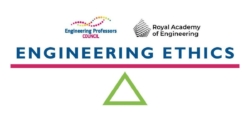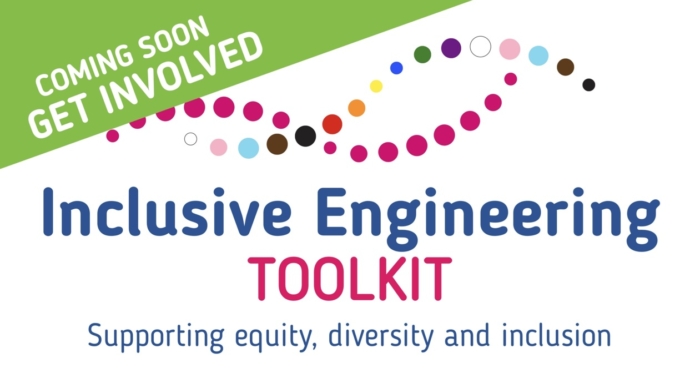 Our original Engineering Ethics Toolkit case study, Developing a school chatbot for student support services, addresses the ethical issues of bias, social responsibility, risk and privacy, and examines situations that professional engineers need to consider, such as informed consent, public health and safety, conflicts with leadership, and legal implications.
Our original Engineering Ethics Toolkit case study, Developing a school chatbot for student support services, addresses the ethical issues of bias, social responsibility, risk and privacy, and examines situations that professional engineers need to consider, such as informed consent, public health and safety, conflicts with leadership, and legal implications.
This case study involves the employees of a small software start-up that is creating a customised student support chatbot for a Sixth Form college. The employees come from different backgrounds and have different perspectives on the motivations behind their work, which leads to some interpersonal conflict. The team must also identify the ethical issues and competing values that arise in the course of developing their algorithm.
Now, as well as the activities within the original case study, we have provided an expansion on one of the activities in the form of a Case enhancement: stakeholder mapping to elicit value assumptions and motivations.
Case enhancement author, Karin Rudolph of Collective Intelligence, had this to say about her contribution: “I’m pleased to have contributed the case enhancement for the Engineering Ethics Toolkit. Now it is more important than ever that engineers engage in discussions about the ethical consequences of technology and learn how to apply ethical thinking to real-life products. The toolkit offers free access to an array of helpful resources.”
We’ve provided this, and other case studies and case enhancements for you to use and adapt in your teaching. If you’re new to ethics, we have a growing library of guidance articles available to support you, and an interactive Ethics Explorer to get you started.
Want to contribute your own content to the Ethics Toolkit? Get involved here.




